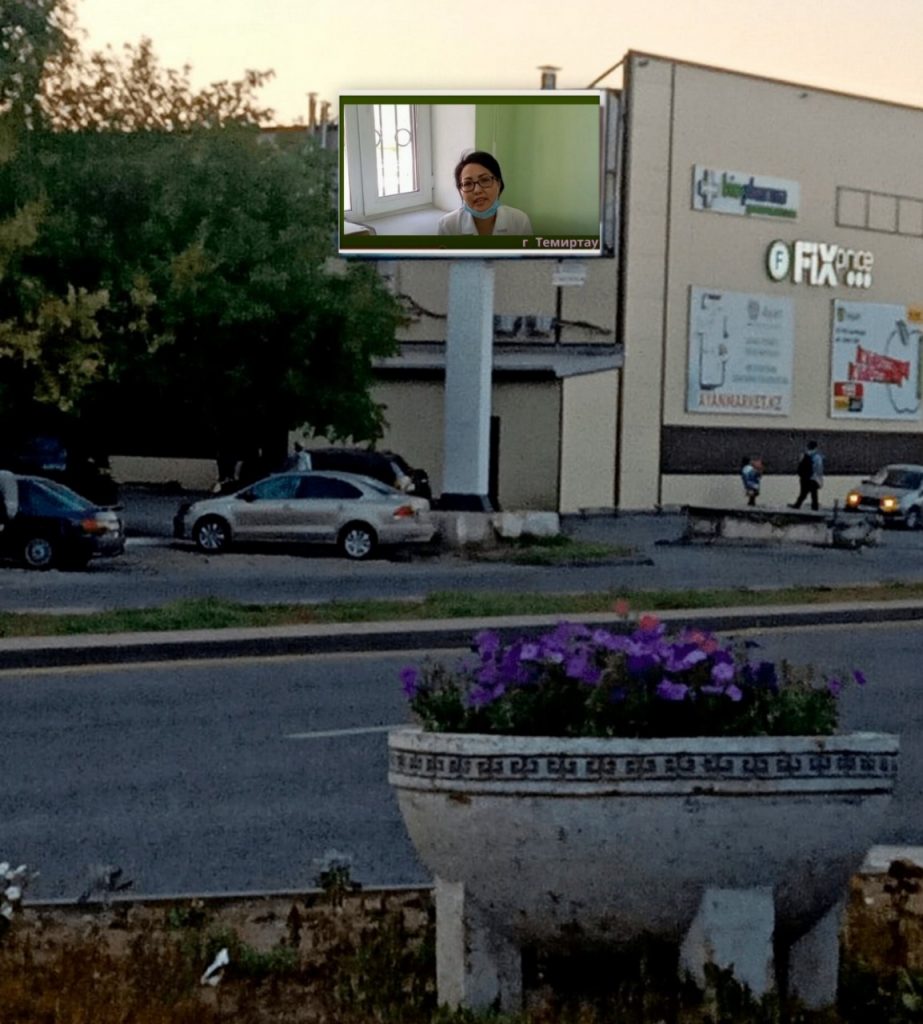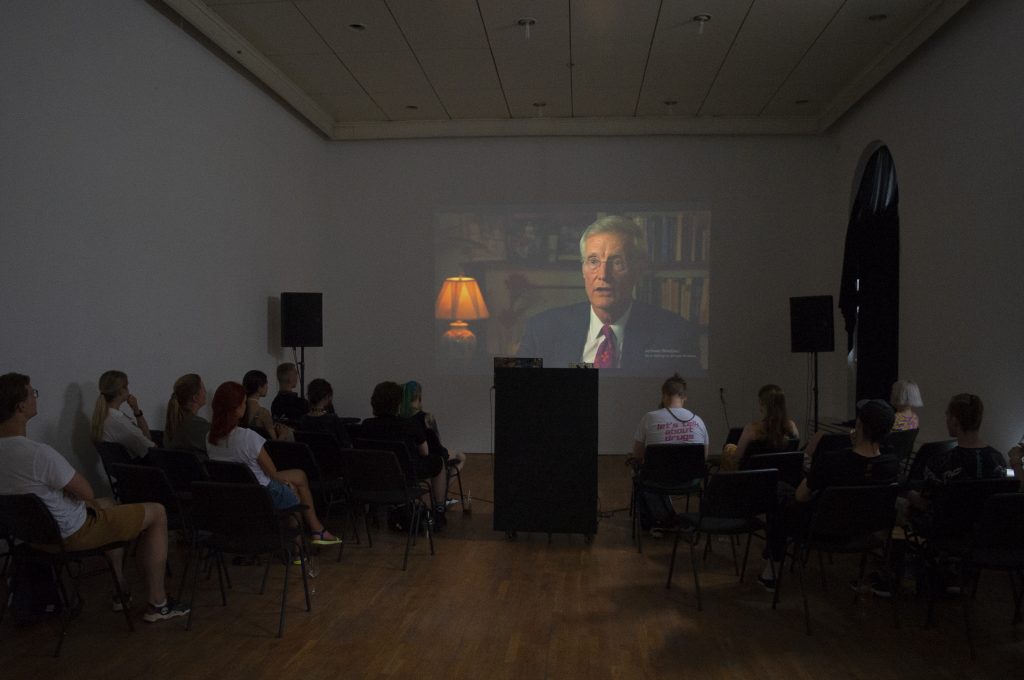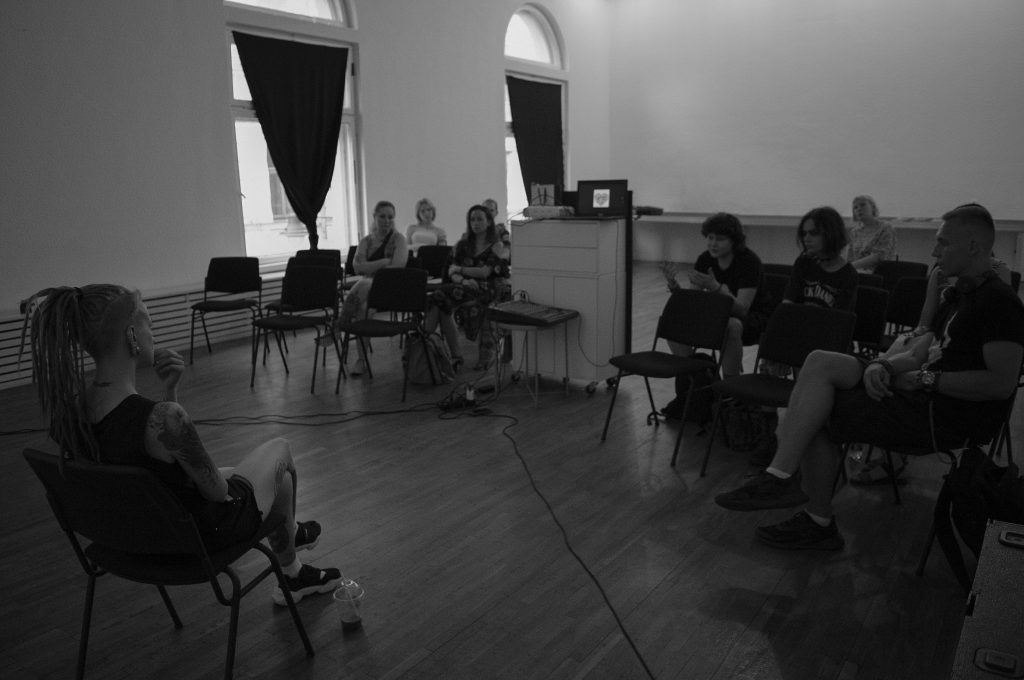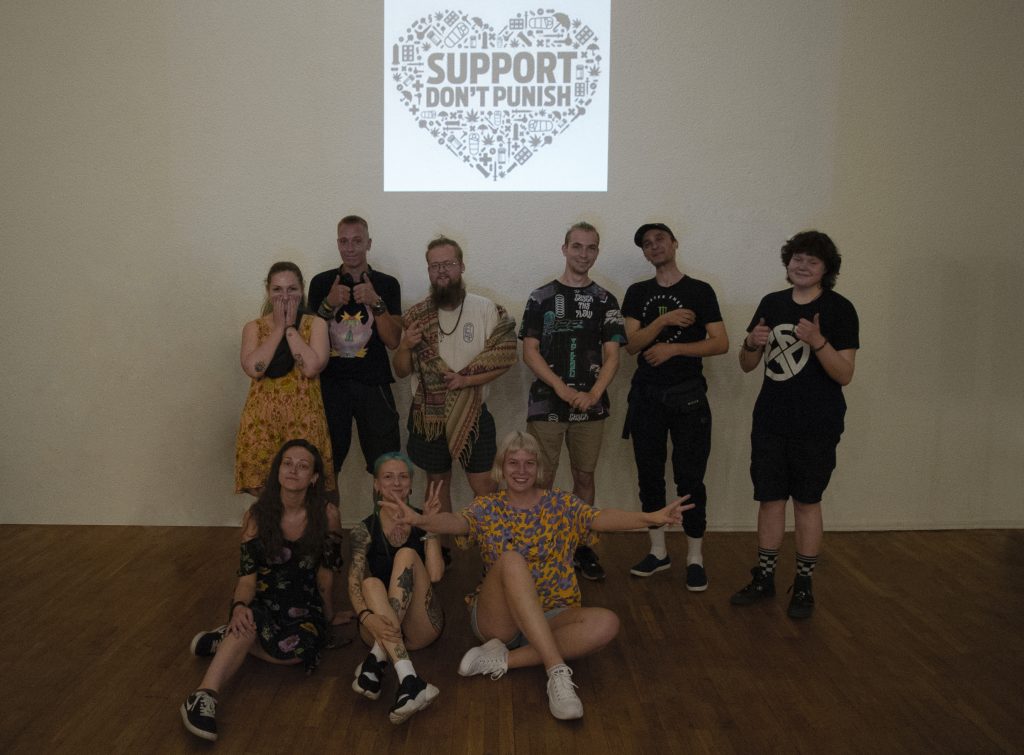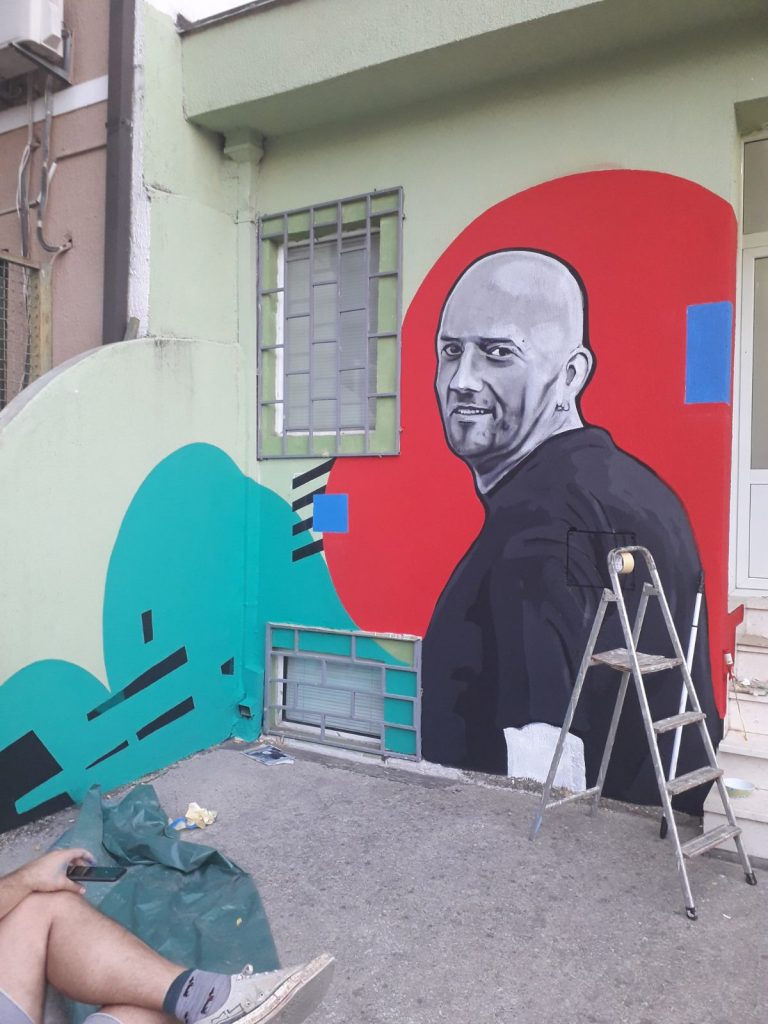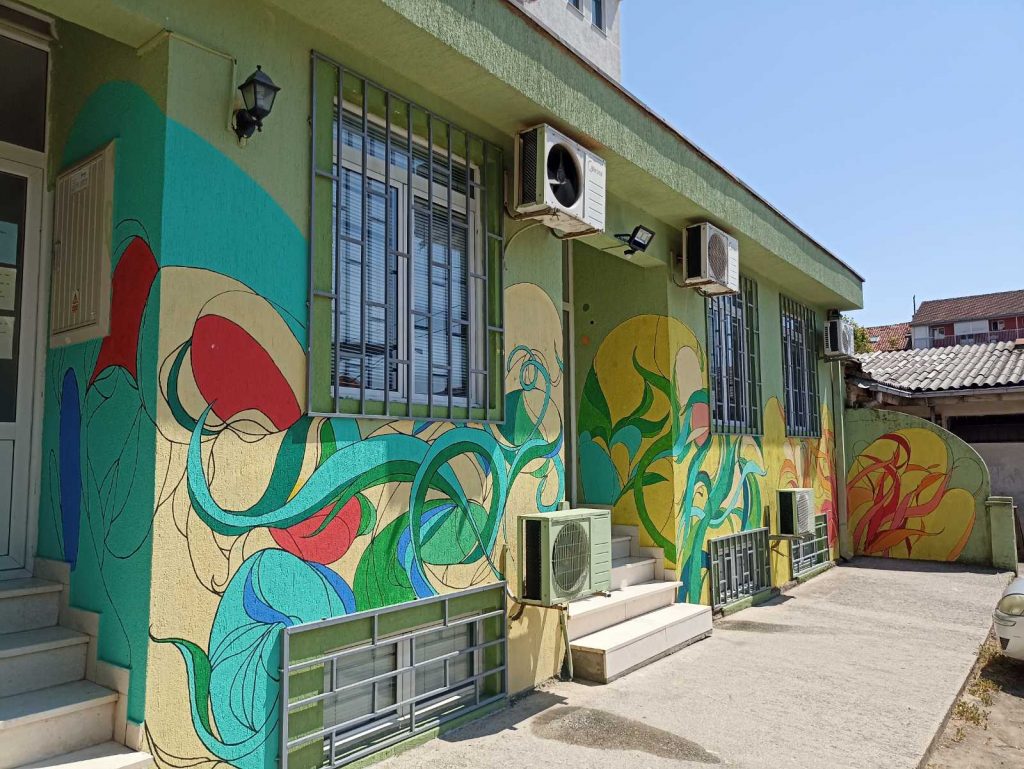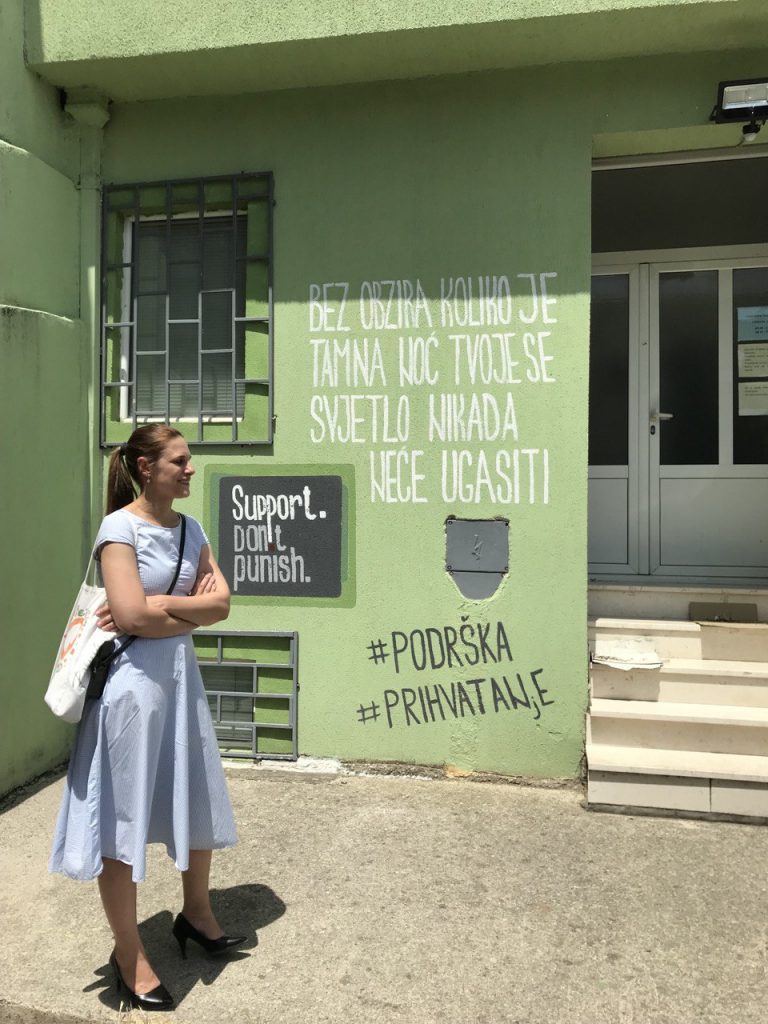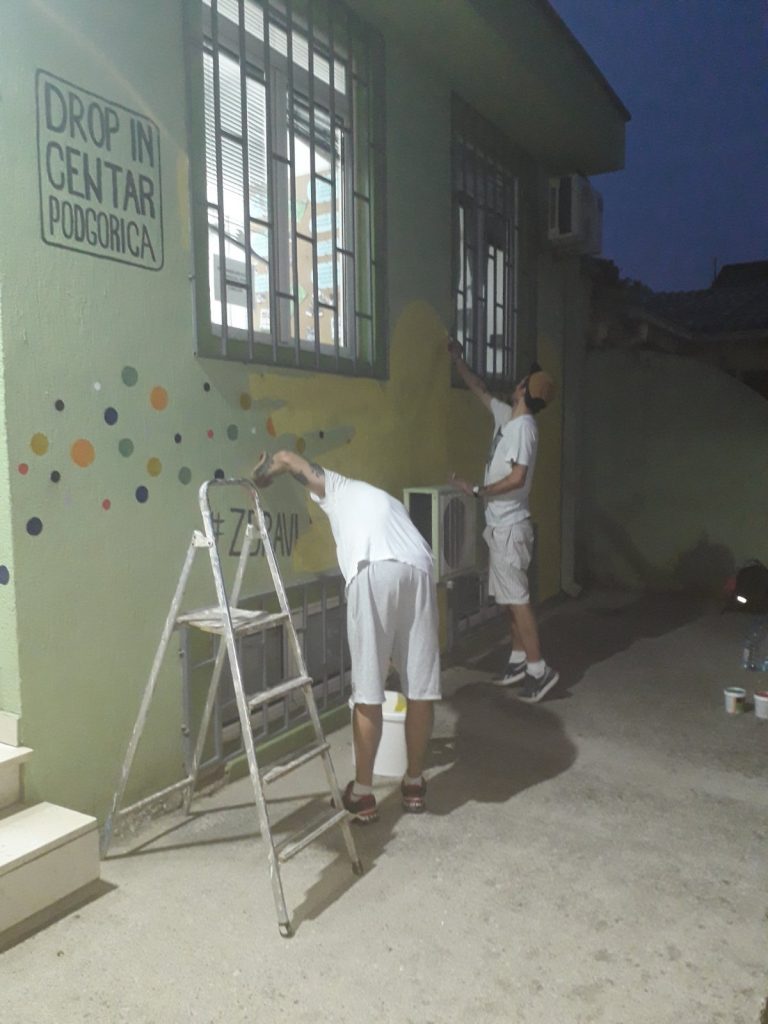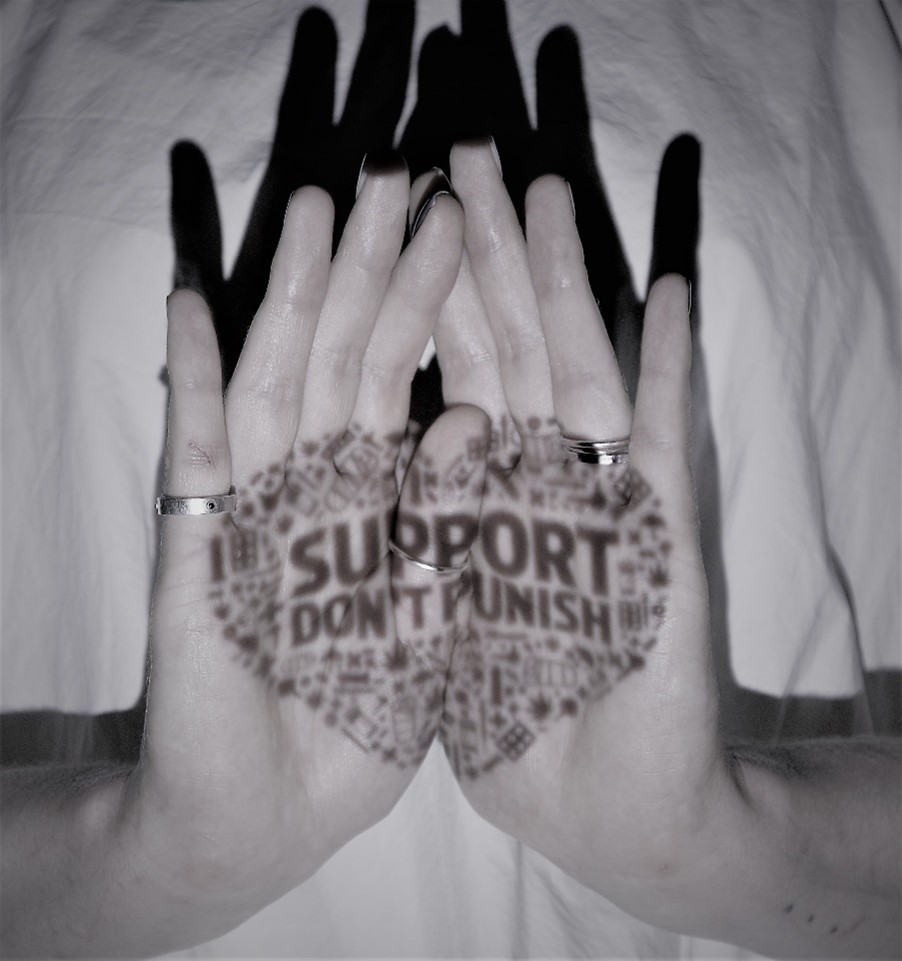
Support. Don’t Punish. 2022

For many years Eurasian Harm Reduction Association has been actively supporting the global initiative and activities of “Support. Don’t punish!” campaign, which is celebrating its 10th anniversary this year.
The year 2022 became no exception for us. Joining the broad coalition for drug policy reform, decriminalization and community advocacy, which includes over 280 cities from 91 countries, EHRA has supported with small grants[1] 4 harm reduction organizations of activists in Kazakhstan, Lithuania, Montenegro and Tajikistan.
The small funds that EHRA allocated to each organization helped each of them to undertake their own unique activities aimed at community advocacy, drug policy reform, and decriminalization of people who use drugs in these countries.
[1] Small grants are provided by the EHRA Secretariat as part of the project
‘Ending Inequalities for People who Use Drugs: Strengthening Harm Reduction to Elevate Rights, Health and Capacity” of the International Harm Reduction Consortium.
Kazakhstan
Activists from NGO “Nursemin” located in Karaganda decided to create short video messages from people who use drugs from different cities in Kazakhstan. In these messages, people say based on personal experience that punishment does not work, and that people need support and assistance in accessing medical, social and legal services primarily. Also, the messages from medical professionals and psychologists assisting the campaign were recorded to support these appeals.
The video was shared on the most popular social networks and messengers (VKontakte, Instagram, Twitter Facebook YouTube Telegram, TikTok) as well as on advertising banners over the city.
“We have great faith that the voice of the community has been heard, including the decisions making people,” – hopes Natalia, the action organizer and head of NGO “Nursenim”.
Lithuania
Activists and volunteers from the youth organization “Young Wave” organized public presentation of the film “Breaking the Taboo” in Vilnius. The documentary, made in the UK and Brazil, argues that the common struggle of world states against drugs has failed because, despite the efforts of the UN, the situation has only been getting worse over the past 40 years. Instead of reducing, drugs traffic has been growing over time, and new drugs have become more available and cheaper. After watching the film, the organizers initiated a discussion during which the participants talk about the ideas and conclusions presented in the film. During the discussion it was said that in order to fundamentally solve the issue, there is no need to fight with people, but it is drug policy that needs to be changed towards humanization.
“We were able to involve 20 young people to watch the film, and the particularly useful thing was that these people took part in the discussion around the idea voiced in the film: liberalizing of the drug policy is one of the most effective tools for harm reduction.” said Linas, one of the event organizers.
Montenegro
The community of people who use drugs is traditionally at the centre of events organized by the NGO Juventas in Podgorica. In the memory of Davor Karadzic, a Montenegro harm reduction activist who died from COVID-19 and was one of the initiators of the harm reduction programme in Montenegro, the workers of the harm reduction centre initiated mural creation with his image on the front wall of the Juventas NGO centre in Podgorica. The community was actively involved in preparing this mural. Unfortunately, due to the abnormal heat in Podgorica, work on the mural had to be halted, but very soon people of the city will be able to see the image of Davor, who has become a symbolic figure in the fight against the punitive drug policy in Montenegro.
Also, during the month of June, meetings with the community were organized to discuss how existing legal solutions are affecting the lives of people who use drugs and what changes in drug policy people would like to see.
“During these meetings, people from the community were very keen to give their opinions as well as suggestions on how certain things could be improved, especially those related to legal provisions that either do not exist in Montenegro or should be changed. By involving people from the community, we aim to improve cooperation with the community, to help the community make its voice heard.”, stressed Maria, event coordinator, Juventas Centre officer.
Tajikistan
On June 26, the NGO SPIN Plus held a series of meetings with law enforcement officials in Dushanbe. The events were held under the slogan “Treatment, not punishment!” The meetings were attended by more than 50 people from the district police, the Drug Traffic Department of Ministry of Internal Affairs, as well as staff and volunteers from SPIN Plus. During the event the information about the work of Harm Reduction Programme in Tajikistan was presented. Also, a separate session highlighted the work of the opioid agonist therapy programme. There was a session on opioid overdose prevention and treatment.
Information materials in the form of booklets, brochures and posters were handed over to the staff of Firdavsi district police and Drug Traffic Department. Also first aid kits with first aid items specially prepared and procured by UNDP in Tajikistan were handed over. Naloxone 10 ampoules, syringes and condoms were added to the first aid kit.
“The event was held positively. During the discussion, the police officers asked many questions about the work of the harm reduction programme, the use of naloxone, HIV prevention and treatment measures in Tajikistan. All the questions were adequately answered. It was important that we were able to reach an agreement on regular interaction with Drug Traffic Department officers directly and local police officers to conduct informational and awareness-raising activities, as well as to equip them with relevant information and prophylactic materials”. – Pulod, head of the NGO SPIN Plus, shared the results of the event.

